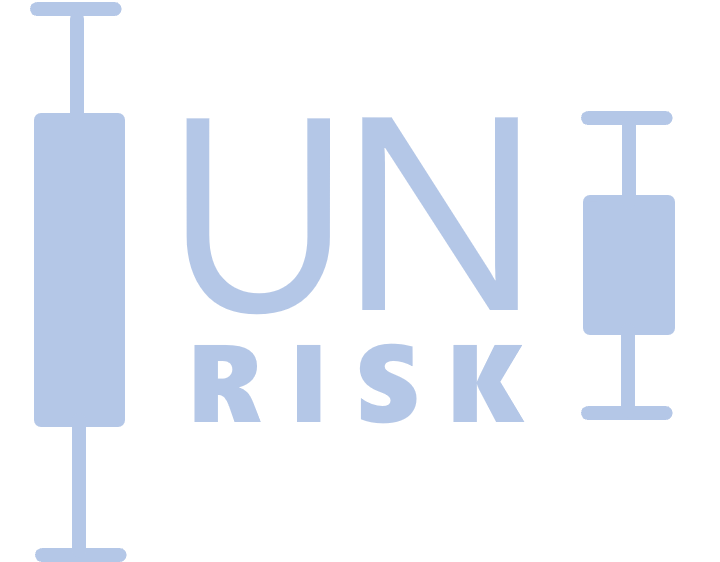The aim of this page is to provide transparent guidance for PhD student recruitment following equity, diversity and inclusion (EDI) best practices. This is based on previous successful PhD training programmes including SENSE CDT and the Equality, diversity and inclusion recommendations and best practice from NERC Doctoral Training Partnerships & Centers for Doctoral Training: DEI Forum Report 2023. This is not a summary of legal requirements.
This has been written by the NERC UNRISK CDT (referred to as ‘we’ in this document) to outline the practices we plan to implement during PhD recruitment process.
We always welcome suggestions, comments or corrections to improve our process and this open resource further. We hope this will be a useful resource for other doctoral training programmes to develop recruitment processes that result in diverse and happy cohorts of students.
Increasing PhD access
To ensure that UNRISK attracts a wide range of applicants, in our communications and EDI visibility we will make recruitment processes and best practice available on the UNRISK website, and in recruitment marketing.
Project design
We ask that project supervisory teams aim to be diverse similarly to how the breadth of expertise is considered in project design. This includes but is not limited to gender, ethnicity and career stage. We guarantee advertisement of PhD projects from teams with a diverse range of supervisors.
We use inclusive language on all communications according to NERC Best Practice. We use inclusive language tools related to language around gender (see also the Totaljobs Gender Bias Decoder), disability, and follow standard UK government advice.
We outline the eligibility criteria for applicants on our website, including explicitly encouraging applications from underrepresented groups within the Natural Environmental Research Council (NERC) remit.
We provide the contact details for the Postgraduate Researcher (PGR) Support Team who support UNRISK and can answer questions about applying and make it clear they are not on the recruitment panels and provide impartial advice.
We are in the process of arranging ringfenced studentships for the most underrepresented groups within NERC, following our approach in the NERC Panorama DTP for Black, Asian and minority ethnic groups and disabled persons. Once a baseline of socioeconomic background has been established, and if there is underrepresentation we hope to add this to the ringfencing criteria.
Project advertisement
We advertise our PhD projects to over 50 diversity groups and networks such as Black in Geosciences, Minorities in STEM and Pride in STEM, and historically ethnically diverse universities.
We run application webinars and follow-up discussions with advice on what a PhD is, what makes a good application and interview advice, as not all applicants have access to this kind of information.
In later years, these discussions will be complemented by ‘The Graduate You Can Be’ case studies on the UNRISK website highlighting our diverse PhD alumni career paths in academia and non-HEI climate services-related organisations.
Interview selection process
We ask that the recruitment committee refreshes their unconscious bias training in advance of the recruitment process. We also include a link to ‘Academic Gender Bias in Reference Writing’ in the reference page.
We will use proforma personal statements to standardise and contextualise what applicants include, and to allow applicants to include barriers to their academic journey.
The recruitment committee and supervisors will grade all applicants quantitively on pre-defined criteria, to help remove any unconscious bias. There will still be space for written comments.
We will carefully consider and re-evaluate the criteria candidates are graded on including de-emphasised scores for masters degrees and industry experience ranked equally with academic experience.
The selection panel will consider socio-economic background and caring responsibilities in addition to the current underrepresented categories reported to UKRI and NERC Student Diversity Statistics, and any future data made available.
We offer underrepresented groups additional support to discuss the interview process with the student support team using the optional EDI application survey. Groups will be initially identified by NERC EDI data compared to the UK population, ethnic minority and disability, but then the additional consideration of UNRISK diversity data in following years.
We guarantee interviews slots for appointable candidates who have identified on the EDI form they are from an underrepresented group. This year (2025/2026 recruitment) UNRISK are guaranteeing interview slots for up to 50% of slots for appointable candidates from underrepresented groups. We aim to offer mentoring calls with the PGR Support Team for candidates who put themselves forward and is eligible for ring-fenced interviews.
Interview process
We will ensure all invitations to interview are sent with enough notice to allow for sufficient preparation considering the applicant may have pre-existing immovable financial or caring commitments.
We will make it transparent that should an interviewee accept an in-person or online slot will have no impact on the outcome of the interview.
Interview questions are checked with an EDI coordinator and the same questions will be asked to all students, although follow up questions may vary.
Interviews questions will cover the following topics:
- Motivation and experience
- Research and skills
- Self-motivation and career development
- Preparation/Understanding of Research Area
It is mandatory there are no homogeneous or single-sex shortlisting or interview panels.
Interviewees responses are graded quantitatively against a predefined criterion.
We use a calibration grid for interview questions with defining criteria for answers that are exceptional, excellent, good and poor with their associated grade. This provides a robust framework to agree final marks and also ensures calibrating of grades between different interview panels.
We ask questions to ensure applicants have the opportunity to demonstrate their capability on key skills.
A quantitative interview score is calculated for each applicant which is then used to rank and then select applicants that offers are then made to.




